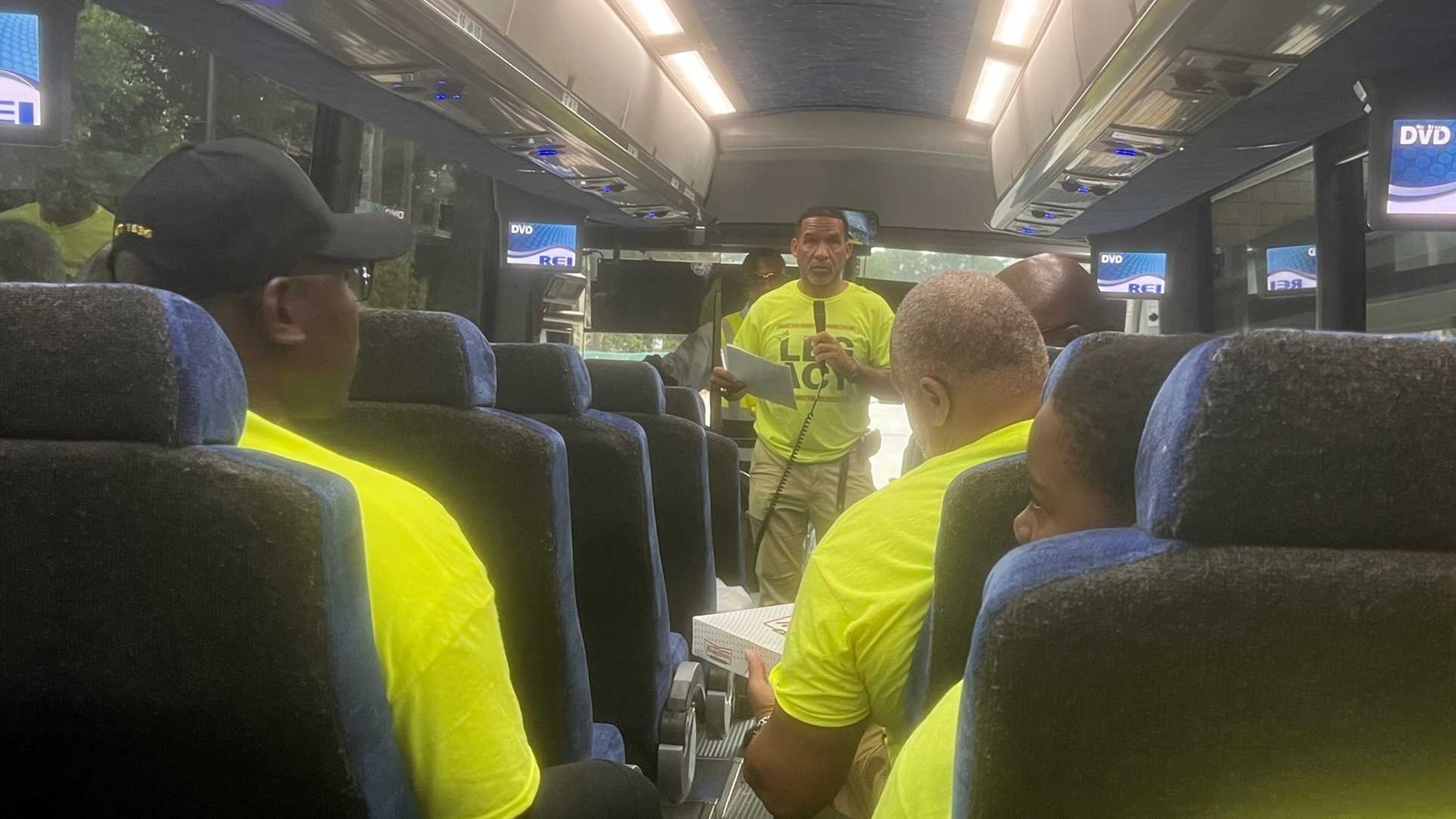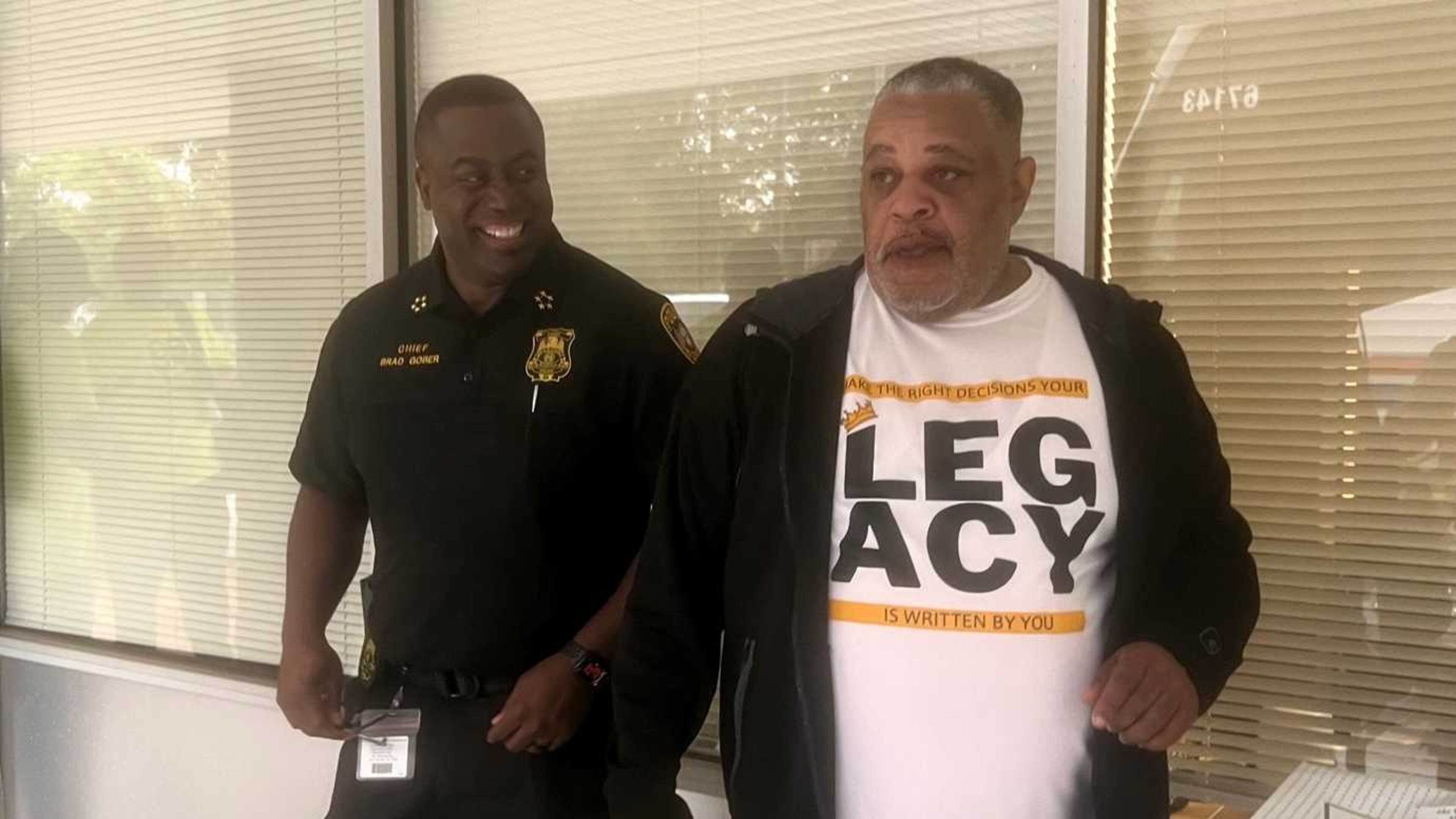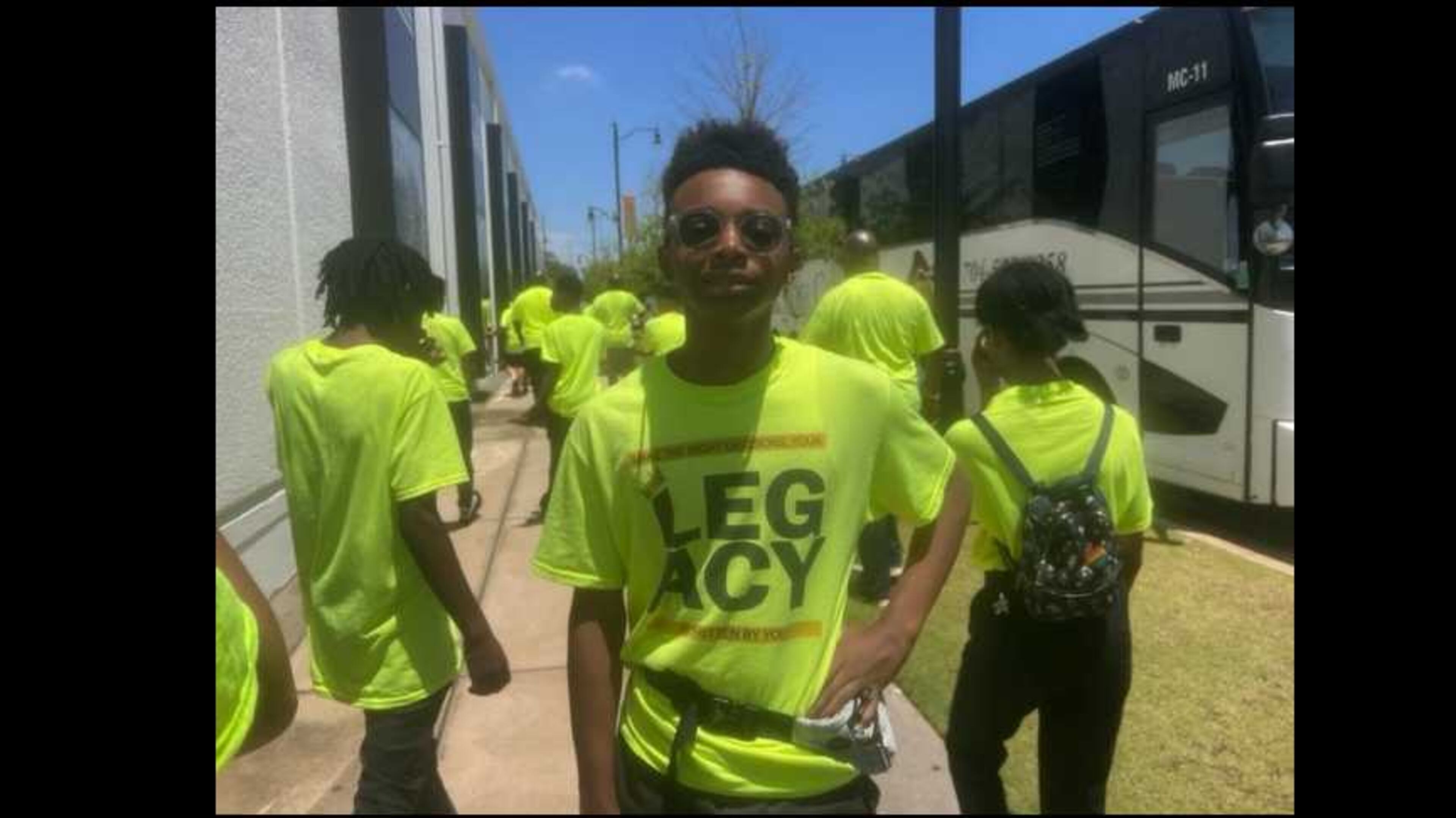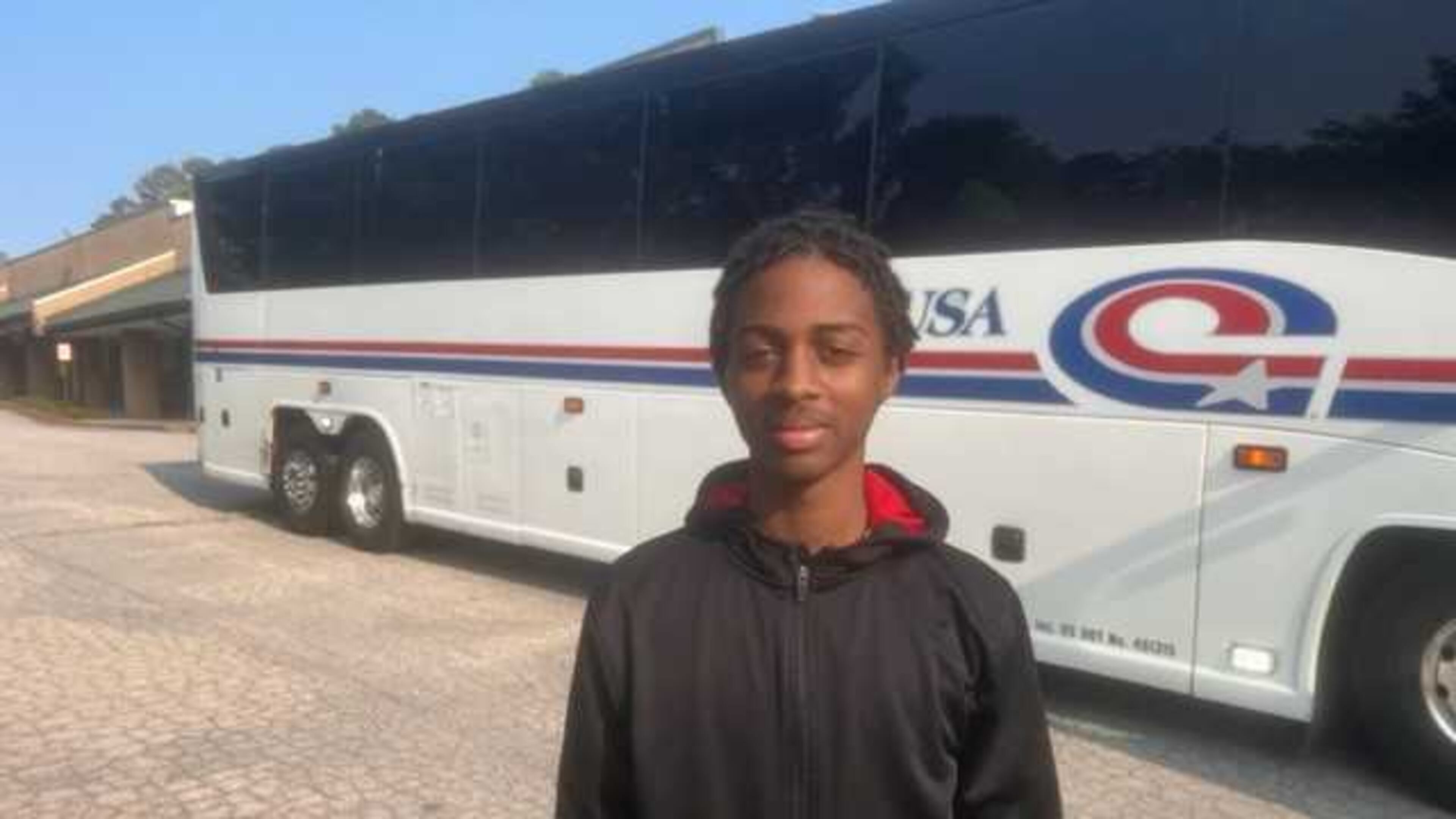A different type of summer school: Teaching conflict resolution skills

The charter bus departed from the parking lot a few miles from Stone Mountain at 8:01 a.m. on a recent Friday.
Our destination was Montgomery, Alabama. The Legacy Museum, to be exact.
About two dozen middle school boys were aboard the bus, almost all of them Black. The organizers wanted them to see the exhibits there, which focus on the trans-Atlantic slave trade, the history of slavery and lynching in America and mass incarceration.
I asked one of our education reporters shortly before the school year ended to see if anyone was leading any summer programs that focus on conflict resolution. I wondered what was being done to keep our children safe this summer. A few days after the school year ended, a 16-year-old Atlanta girl and a 15-year-old boy in Cobb County were shot on the same evening. They both died.
In response to my co-worker’s inquiry, DeKalb County school district spokesman Donnie Porter called me about a new program designed to help Black male middle school students make good decisions and embrace their potential. The school district’s police chief, Bradley Gober, and others came up with the idea last fall to create what’s called the Legacy Program. Porter thought because I’m Black, I would have an interesting perspective on the program and asked if I wanted to join the bus trip. I agreed to go.
Schools, increasingly, are doing everything for students, from offering mental health counseling to providing clothes and food for students in need. It’s the place it seems we must now turn to teach children how to prevent classroom beefs or a misunderstanding on the street from resulting in deadly gun violence.
“I’m up for anything” that will protect students, Gober told me.
So am I.
Many of the boys who went on the trip looked like my 15-year-old son. I thought about him as I boarded the bus. Will he succumb to peer pressure if one of his friends suggests they do something dangerous? Will he turn the other cheek, if someone challenges him, at the risk of others questioning his manhood?
I stared at the DeKalb County Jail as the bus made its first wide turn onto I-285. I thought about what Gober told me, words repeated by Christopher Beal, a retired Clarkston High School principal who led the program. “We can’t arrest our way out of this.”

Beal and others focused on kids in the Clarkston area for the two-week program. Some were recommended by teachers and school leaders. Others were volunteered by a parent. A few have special needs. The program was limited to 50 students so organizers could give them the attention they needed. Teachers, counselors, coaches and school resource officers talked to them about how to defuse disagreements, what to do if they’re stopped by the police and the consequences of not making good decisions.
Gober hopes the boys will be more willing to see the officers not as cops, but as adults who care about their well-being, and these students will confide in them if the time comes.
We arrived at the museum about two hours later. The boys were given strict instructions: “We’re going to conduct ourselves like the educated young men that we are.”
The museum was haunting. Mannequins of heads and torsos of enslaved Black women, men and children were on both sides of a darkened hallway near the entrance. The numbers on the walls were sobering. More than 2 million Africans died during the voyage to America.

The boys gathered around information about Georgia’s past and talked about it, such as the 595 documented lynchings in their home state between 1877 and 1950. Some of them were surprised to learn slavery occurred in Northern states. They talked about a photo of a man with several dozen whip marks on his back and another photo of a white boy holding a sign that read “We wont (sic) go to school with Negroes.”
Beal believed something was happening for the kids as they walked through the museum.
“I’m planting a seed,” he said. “It may not grow until five years from now, but it will grow.”
I watched one boy who seemed uninterested, standing back as his eyes seemed to search the museum for the exit. I hope Beal is right about that seed.

After lunch, I was introduced to Joshua Pinson, 13, a rising eighth grader at DeKalb Agriculture Technology and Environment, Inc. He’s smart, polite and introspective. He said he’s a good student, but concedes he can do better. When I ask what he’s learned through the program, Pinson talked first about a class that taught him how to check the oil in a car engine and other auto maintenance skills.
Willie Atkinson, 14, who will be a freshman at Chamblee High School this fall, said he’s learned how to control his emotions and de-escalate situations.
“I think that’s really going to help me,” he said.

The Montgomery trip was the last day of the program. Beal said he’s heard good feedback from parents. He and Gober say there’s interest in it throughout the county and they want to expand it.
For now, there’s about a month before the summer recess ends and a new school year begins.
When the bus returned to DeKalb, Beal gave the boys some final instructions before they departed.
“Make good and safe decisions,” he said.



